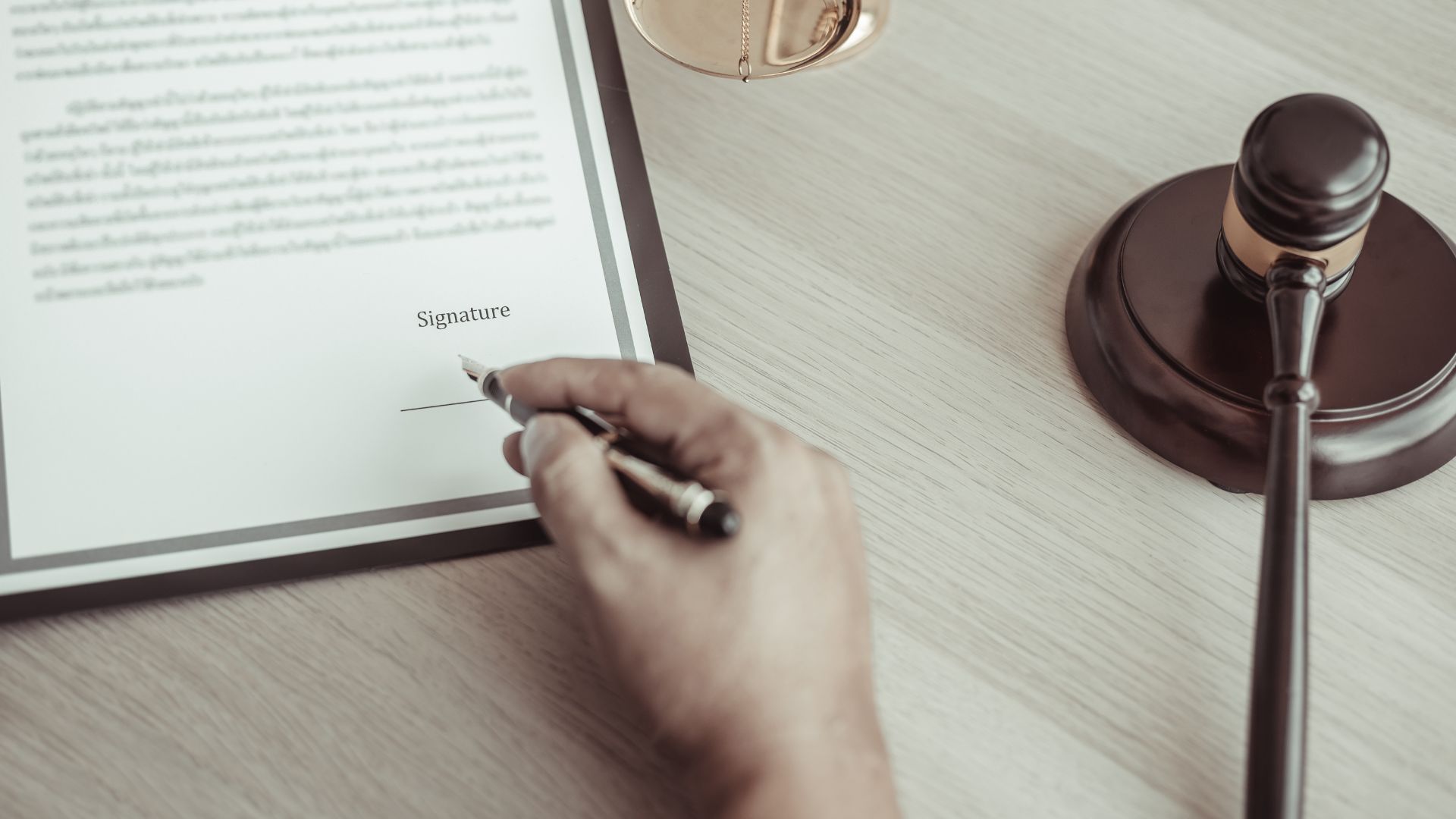
A judgment attorney applies targeted legal tools to locate assets, enforce payment, and secure the debt recovery you deserve.
Judgment enforcement often reveals the lengths debtors will go to avoid payment. From transferring assets to close associates to concealing ownership through layered entities, these actions are more than evasive; they may be illegal. Through legal discovery, subpoenas, and forensic analysis, a judgment collection lawyer can identify and unwind these fraudulent transfers, ensuring creditors get the justice they’re owed.
After a judgment is entered, some debtors scramble to move property or cash to shield it from collection. Common examples include:
Under laws like the Uniform Voidable Transactions Act (UVTA), these moves can be considered fraudulent transfers if made to delay, hinder, or defraud a creditor.
A skilled judgment collection lawyer can help identify these red flags, initiate legal discovery, and file motions to unwind the transfer or seize the concealed property.
When debtors attempt to outsmart the system, lawyers turn to a structured legal process known as post-judgment enforcement. Here are the most effective methods:
Attorneys can issue subpoenas to banks, employers, accountants, or business partners to obtain financial records. In some cases, they can also depose the debtor under oath, compelling them to disclose all assets and income sources.
This discovery phase often exposes suspicious transfers or previously undisclosed accounts.
A turnover order allows a court to direct the debtor, or a third party holding the debtor’s assets to deliver the property to satisfy the judgment.
For instance, if funds are held in a relative’s account, a turnover order can legally compel the release of those funds to the creditor.
In complex cases involving layered transactions, lawyers may work with forensic accountants or financial investigators. Using digital tracing tools, they can follow electronic trails across multiple accounts, identify cryptocurrency movements, and link them back to the debtor.
This method is particularly powerful when debtors use digital wallets or foreign accounts to hide assets.
When there’s evidence that a debtor is actively moving assets, attorneys can request temporary restraining orders or preliminary injunctions.
These legal actions freeze the debtor’s property until the court decides whether the transfers were fraudulent, preventing further dissipation.
If evidence shows that assets were intentionally moved to avoid payment, the creditor can file a fraudulent transfer claim. Courts have broad authority to void such transfers, allowing the property to be seized or liquidated to satisfy the judgment.
When a debtor attempts to move property or funds to evade payment, courts have several powerful remedies to protect creditors’ rights. These rulings often reaffirm that concealment or transfer of assets after judgment can be undone through legal action.
Judges can issue voidance orders, which nullify fraudulent transfers and restore ownership of assets to the debtor, making them available for collection. In more serious cases, courts may also impose contempt sanctions or monetary penalties against debtors or third parties who participate in the concealment.
Recent enforcement trends show that courts increasingly favour creditors who act quickly and present strong documentation, such as bank records, transfer receipts, or testimony from financial institutions. With the guidance of a judgment debt recovery lawyer, creditors can use these precedents to petition for asset freezes, file fraudulent transfer claims, and compel full disclosure from debtors attempting to hide their wealth.
A reputable law firm such as David I. Mizrahi Law, P.C. provides comprehensive post-judgment enforcement services, including:
Because each case involves unique financial structures and jurisdictions, having a lawyer experienced in judgment collection is key to maximizing recovery.
Recovering what you’re owed doesn’t end with a favorable court ruling. When debtors resort to asset transfers and concealment, creditors need a strong advocate who understands both the legal system and the complex financial maneuvers involved.
A dedicated judgment collection lawyer combines investigative skill, legal strategy, and court enforcement to uncover hidden assets and turn paper judgments into real recoveries.
If you suspect a debtor has moved or concealed assets after judgment, contact us today for professional legal assistance and begin enforcing your rights effectively.
They can file a motion to void the transfer or pursue a fraudulent conveyance lawsuit. Courts often restore the property to the creditor if the transfer was made to defraud collection.
Most states have statutes of limitation, often between 4 and 6 years, under the UVTA. Acting quickly ensures that evidence isn’t lost and assets remain reachable.
Yes. Through post-judgment subpoenas and discovery, lawyers can obtain financial documents, bank statements, and transaction histories to trace hidden funds.
Courts can issue turnover orders or injunctions against third parties holding the debtor’s property. If collusion is proven, those parties may face legal consequences as well.
Many firms offer flexible fee arrangements, such as contingency-based collection or hybrid billing.

A judgment attorney applies targeted legal tools to locate assets, enforce payment, and secure the debt recovery you deserve.

This guide provides a practical overview of how judgment creditors can enforce a court-ordered judgment, explaining the legal tools available, the crucial role of a marshal, and the step-by-step process for collecting the money owed.

Discover the key legal tools and strategies a debt collections attorney uses to turn court judgments into actual payments for creditors.

This guide explores essential strategies and legal procedures for effectively enforcing judgments and collecting debts when debtors or their assets are located in a different state.
.jpg)
Struggling with unpaid invoices? Discover how a collections attorney gives your business the legal power to recover what you're owed, fast and effectively.
%20(1).jpg)
MCA agreements are structured differently from loans, they fall outside many traditional lending laws. However, this distinction must be carefully maintained to avoid legal challenges.
%20(1).jpg)
A skilled judgment attorney is crucial for business creditors like MCA funders to recover owed funds by employing aggressive, business-focused legal strategies to pursue evasive debtors and uncover hidden assets.
%20(1).jpg)
When a business defaults on a merchant cash advance, recovery can feel impossible especially when assets are hidden behind layered entities.

This post explores the risks and legal restrictions business owners face when trying to collect a judgment without the help of a lawyer.

Learn when a breach of contract justifies calling a collections lawyer to recover unpaid business debts quickly and legally.

When MCA merchants default, a skilled judgment attorney helps funders turn court rulings into real recoveries using legal tools that go far beyond standard collection efforts.

Struggling with unpaid debts from service providers in New Jersey? Learn how a collections attorney can help property owners recover what they’re owed with these 5 essential tips.

Winning a judgment doesn’t guarantee payment—learn how a judgment collection attorney can help you recover what you’re owed using legal enforcement strategies.

High-risk merchants can jeopardize even the most promising Merchant Cash Advance deals, making early risk detection essential.

Collections attorneys surpass agencies for MCA funders, using legal authority and tailored strategies to maximize recovery. David I. Mizrahi Law P.C. ensures compliance and superior results.

A collections attorney uses legal tools like UCC liens and litigation to recover funds efficiently for merchant cash advance funders facing defaults.

A collections attorney leverages UCC liens to help funders recover funds efficiently when merchants default on merchant cash advance agreements.

In US English, "judgment" without an "e" is the only correct spelling, crucial for judgment attorneys to maintain professionalism in legal documents.

Judgment enforcement made simple: How a judgment attorney can help your merchant cash advance company collect on judgments fast.

Discover how merchant cash advance (MCA) funders can protect their investments from usury claims in New York by crafting contracts that legally distinguish them as purchases, not loans.

This post outlines legal tactics like bank levies that David I. Mizrahi Law, P.C. uses to help MCA funders recover funds in NYC.

Learn why merchants default on MCAs, spot warning signs, and discover prevention and recovery strategies from David I. Mizrahi Law, P.C. in Manhattan.

This post shares expert tips from David I. Mizrahi Law, P.C. for MCA funders to craft enforceable contracts that protect advances and ensure recovery in NYC’s tough market.

This post guides MCA funders on enforcing New York judgments, covering asset discovery and legal recovery tools with insights from David I. Mizrahi, Esq., in Manhattan.